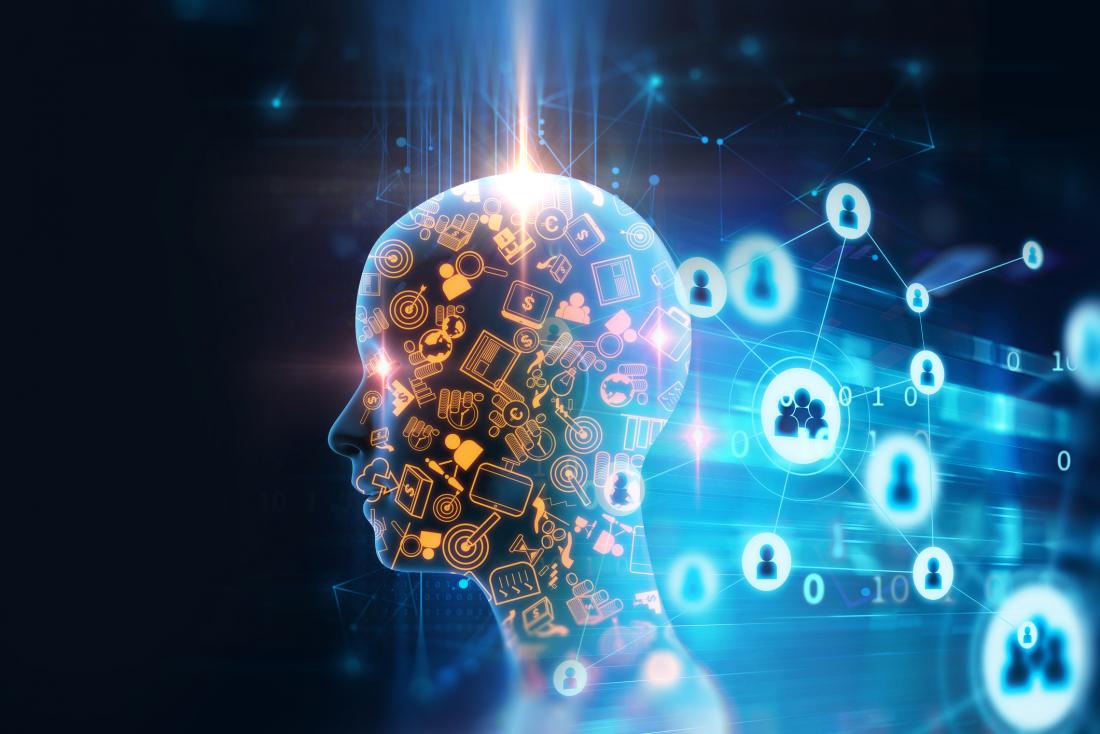Do brain-training games really work?

With the recent surge of brain-training apps available for every smartphone user out there, it's worth asking — do brain-training games hold any real cognitive benefit? A new study investigates.
Brain-training apps, such as Lumosity or Elevate, are being used by tens of millions of people worldwide. But when placed under scientific scrutiny, the benefits of such brain-training games turn out to be controversial.
For instance, some studies have found that brain-training games improve the "executive functions, working memory, and processing speed" of young people, while others hail the benefits of such games for preserving cognitive health in seniors.
On the other side of the debate, however, we find those who say that no such benefits exist. A report published last year, for example, monitored the brain activity, cognitive skills, and decision-making abilities of young adults, only to conclude that brain-training games "do not boost cognition."
Now, a new study backs up the latter camp. Neuroscientists at Western University in Ontario, Canada, set out to investigate if the alleged cognitive benefits of brain-training tasks can be transferred to other tasks that the users haven't been specifically trained for — but which engage the same brain regions.
Bobby Stojanoski, a research scientist in the Brain and Mind Institute at Western University, is the lead author of the paper, which was published in the journal Neuropsychologia.
